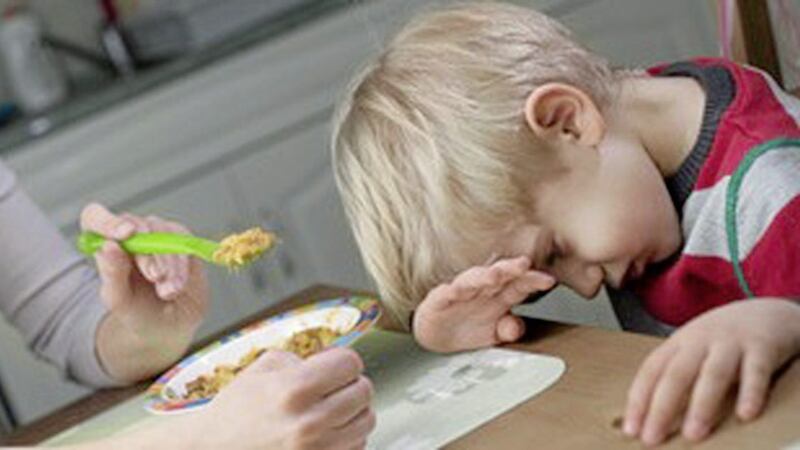CHANGES in routine due to school closures and lockdown stress is leading to a rise in eating disorders among children with autism, a specialised nutritionist has warned.
Co Tyrone-based food sensory expert Joanna Neeson, who works with families across Mid Ulster through the Wyse Bites programme, is calling for health trusts to ensure support is there for parents and children as they come out of lockdown.
She said children with autistic children are prone to eating disorders and parents need to access help to avoid serious behavioural issues in the future.
Autism is a complex biological disorder characterised by difficulties with speech, problems understanding the feelings of others and fears and anxieties and can present as compulsive, obsessive behaviour and ritualistic movements.
Department of Health statistics show children living in the most deprived areas in Northern Ireland are 38 per cent more likely to be diagnosed with the condition.
"Picky eating may be an issue for many children, but for children with autism it is an eating disorder that has a devastating effect on emotional wellbeing," Ms Neeson said.
"The stress of lockdown and changes in routine with schools being closed has brought food issues into sharp focus for parents of autistic children.
"These children have been struggling with lockdown. Their sensory tolerances change frequently and if stressed they will seek comfort in junk foods. These processed, unhealthy food choices in turn affect their mood and behaviour and this is creating distress among families."
Last month a Department of Health report revealed cases of autism in schoolchildren have increased by 82 per cent across Northern Ireland in the last five years, with one in 24 being given a diagnosis.
The figures were described as "alarming" by the charity Autism NI.
Ms Neeson said so-called `picky eating' can in fact lead to "refusal of foods and negative, distressing behaviour from the child such as screaming and crying".
"These behaviours spark negative feelings towards mealtimes and family routine, dramatically increasing stress and frustration on the part of the parent.
"For the child, not being able to participate in snacks or mealtimes at school or daycare can negatively impact their ability to interact with friends and learn social norms during lockdown."
Parents and carers receive support from voluntary groups and organisations such as Sure Start, the Soft Project and online groups and forums, but Ms Neeson described the provision as "piecemeal".
The Cookstown-based nutritionist said referrals to occupational therapy and dieticians are "hard to get" and waiting lists for both are long.
"Parents feel that health trusts, with funding from the Executive, should support these children in their daily struggles during and coming out of the Covid-19 crisis."
Wyse Bites, which runs sensory workshops encouraging picky eaters to feel, play, smell and taste new foods, is running a crowdfunding initiative during the pandemic to help children and their families affected by autism and food stress.
Donations can be made until noon on July 4 through www.crowdfunder.co.uk/improving-health-with-food-sensory-sessions.








